In an area where less than 1 percent of the population is Catholic, Msgr. Ralph Beiting is remembered as one of the most prominent people in the foothills of eastern Kentucky. The tenacious pastor passed away in 2012, but his five decades of service laid the groundwork for the small but powerful presence of the Catholic Church in Appalachia today.
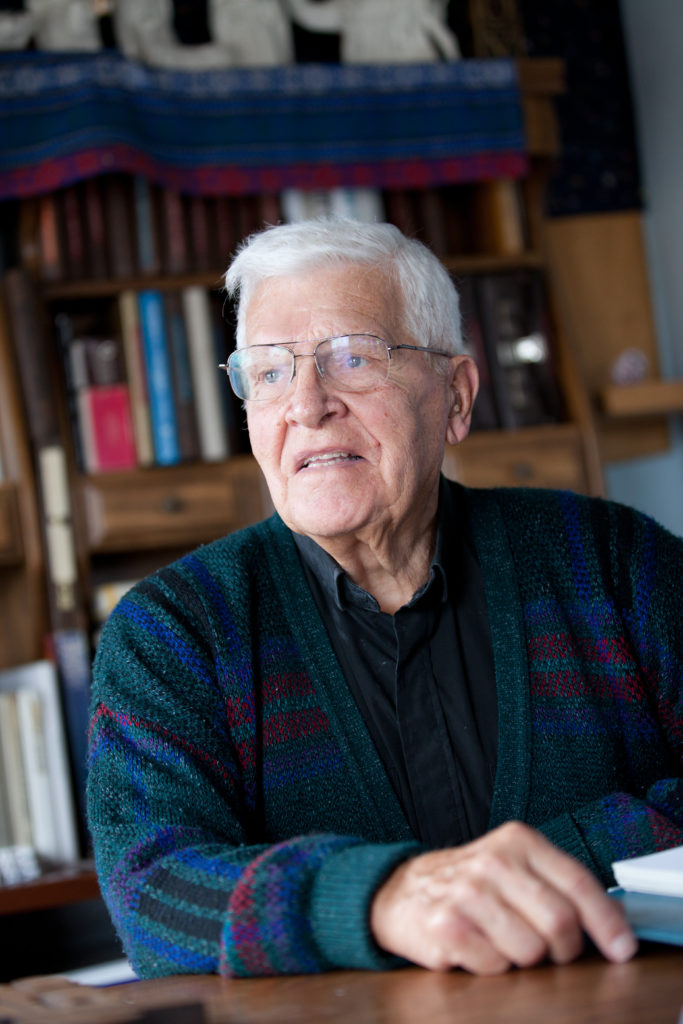
He arrived in 1950, encountering economic and housing conditions that resembled something closer to a developing country. Roads were unpaved, treacherous and narrow. Homes were hardly more than shacks and didn’t have plumbing, electricity or insulation. Families and children were uneducated and had no access to medical care.
Msgr. Beiting made it his mission to go out into the “hills and hollers” and bring the mercy of the Church to these communities. Twenty years after his missionary work began, he received the honorary title of monsignor by Pope Paul VI.
In a story published in Extension magazine in 1986, Msgr. Beiting likened his ministry to the origins of Christianity.
He said,
In the early Church, the message of Christ had to be delivered directly to the people, in the streets of their towns and villages.”
Appalachia is as immense as it is beautiful, stretching from northern Alabama and Georgia to southern New York state.

Although the region is abundant in natural resources, a large percentage of its inhabitants have never benefited from long-term economic prosperity. To this day, severe and persistent poverty is sadly the norm in many parts of Appalachia. This includes eastern Kentucky, where many counties experience the lowest household income, educational attainment and life expectancy in the country.
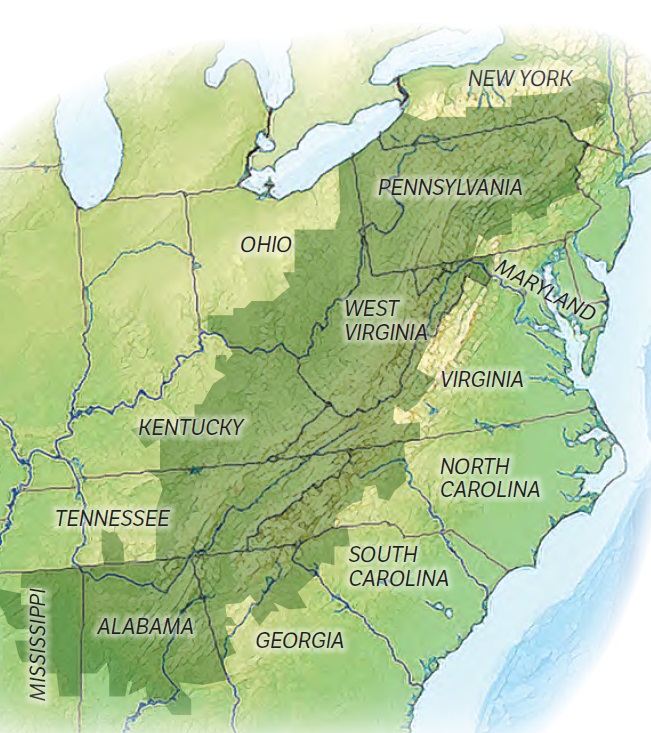
The region, which is part of the Extension-supported Diocese of Lexington, had a coal-based economy that has largely vanished. In the early 20th century, coal fueled the country’s industrial and economic boom.
But the few well-paying jobs left in the mines today are a vestige of a bygone era.
A spirit of hope
Through these overwhelming challenges, the people have found an uplifting voice and a helping hand in the Catholic Church. Catholic Extension Society has been present in the area since 1906—just a year after our founding—with a grant to help build a church in Jackson, Kentucky.
Since then we have worked in solidarity with faith leaders in eastern Kentucky and throughout Appalachia to live out the Church’s mission by providing a spiritual presence and corporal mercy to all of God’s children.
In 1925 Extension magazine shared a letter from Ann Steward, chairwoman of an organization working to develop missions in Tennessee. She focused on the community surrounding the humble Deer Lodge Chapel, which was built with Catholic Extension Society’s support in 1913.
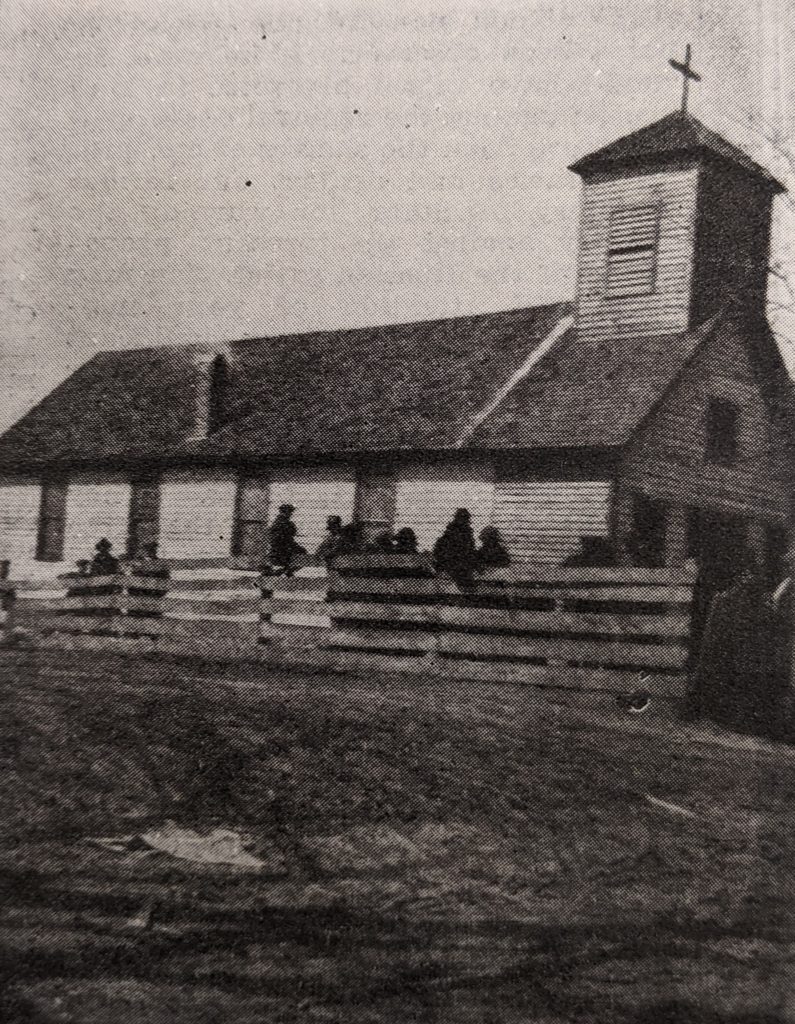
“The little chapel, all unpainted, has for its only exterior mark of a house of Catholic worship, a cross that rises like the very spirit of hope against the outline of the nearby mountain ranges,” she wrote. “The mountaineers come miles and miles to the little chapel in the worst weather if they can get over the roads—and this is not always the case.”
She described the perseverance of the Deer Lodge pastor: “Father Campbell travels the trails, seeking, inviting, encouraging, covering as much ground as any human being could cover; but it is an almost superhuman task for one man, even if he is a beloved priest, to build, to create, and to carry on in 12 counties and four mission stations.”
Christian outreach for all
Msgr. Beiting began his ministry in a similar way. Just a year after he was ordained in 1949, he was assigned to serve more than three counties.
He asked God for the strength to take on the mammoth challenge and set to work.
He said,
I just fell in love with the Church as a missionary agent to bring God’s message to all those people who needed it.”
He planted a sign reading “St. Clare’s Catholic Chapel” in front of a run-down house that would serve as his church. Then he began to immerse himself in the community.
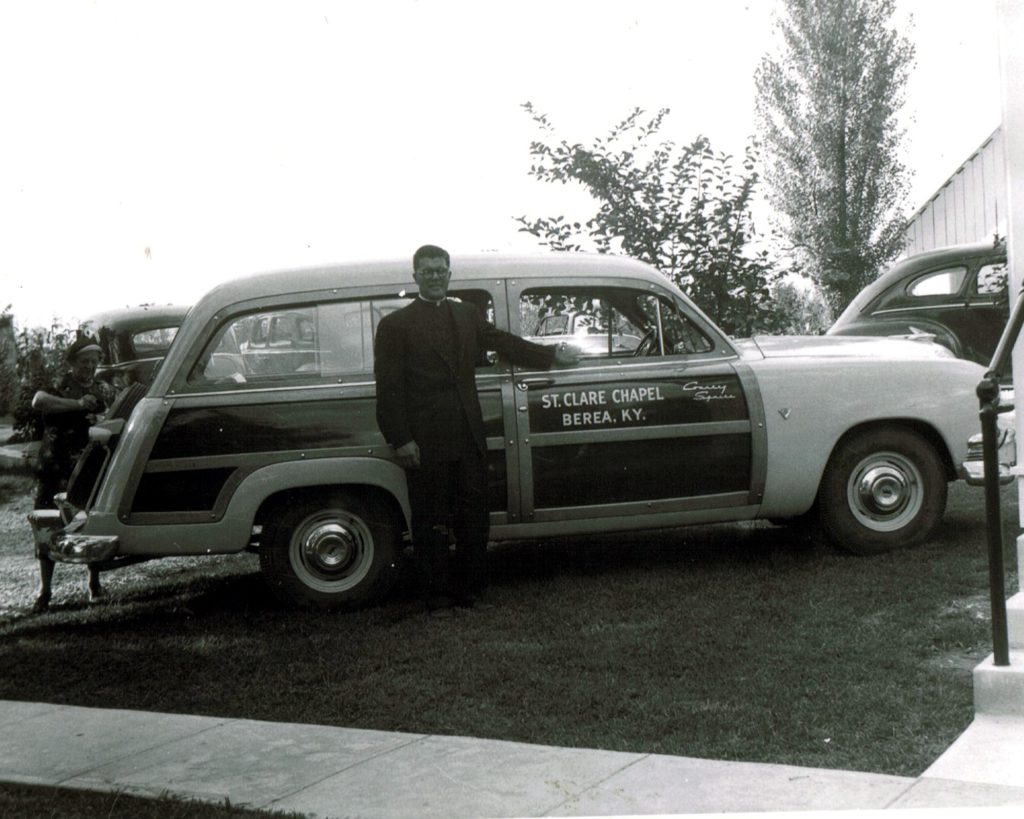
In 2002 Catholic Extension Society helped build the church that is home to the parish today.
The church is one of nine mission chapels that Msgr. Beiting would go on to found between 1951 and 1990, eight of which were established with support from Catholic Extension Society.
Although he knew how it was to be poor, having grown up during the Great Depression with 10 siblings, he was astounded by the conditions in which he found the Appalachian people. He discovered entire families living in debilitated structures with no modern amenities—often just a coal-burning stove. He encountered children with nothing to eat or wear. One family could only live in one of its two rooms because they had to tear up the floorboards of the second room to burn for heat.
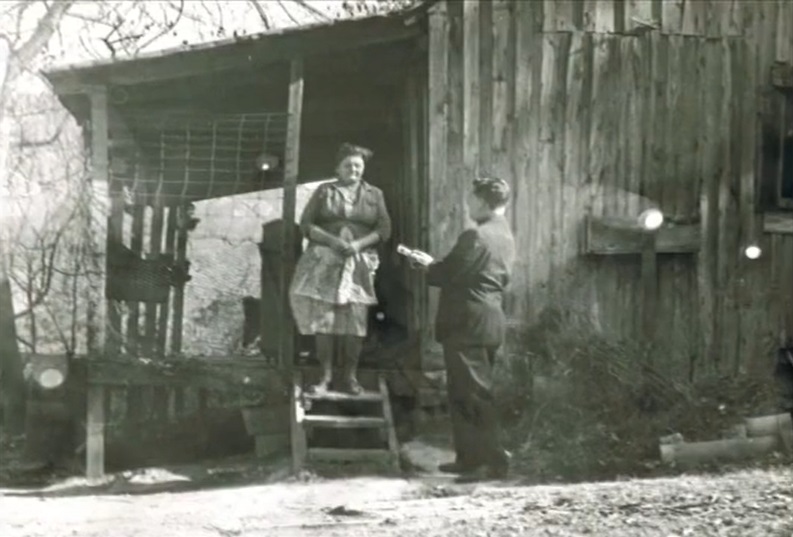
Msgr. Beiting decided to start a summer camp to give the children a place to go where they could eat steady meals, engage in healthy recreation and learn about God’s love and their own potential in life.
“I could give them dreams. I can talk to them about a better tomorrow,” he said. The camp was created independently of the Church because he knew that if it were labeled Catholic, the children would not be allowed to come due to long-held prejudice.
Msgr. Beiting grew familiar with more families and their needs as he drove the children to and from the camp. He found that they wanted to be self-sufficient and find jobs to live independently. However, they lacked the education and skills to improve their situations.
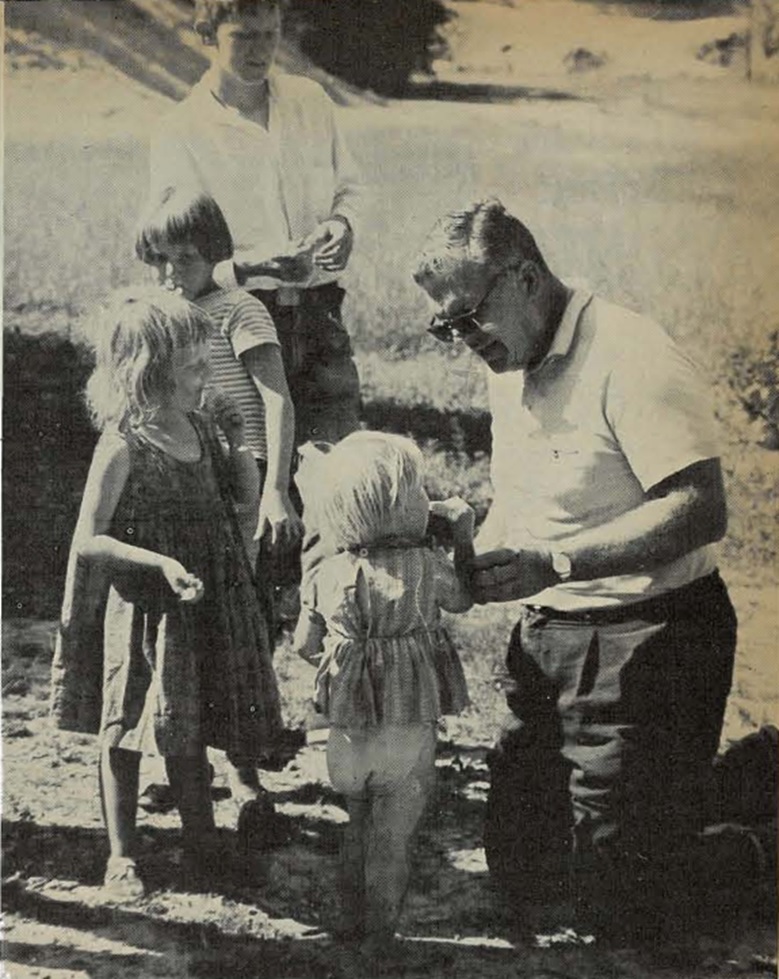
In 1964 he formed the Christian Appalachian Project—a nonprofit which now serves more than 1 million people each year, across the 13 states of the Appalachian region. In addition to providing basic living essentials such as food and clothing, the organization supports early childhood education, home repair, care for elders, family counseling and more.
Msgr. Beiting shared a story in Extension magazine in 1966 detailing how his mission helped one family experiencing severe poverty. He and his volunteers fixed up a house for the family to move in to so they no longer had to live in the cold. The children were given food and clothing so they could go to school. They were invited to Bible classes at the Catholic church, built with support from Catholic Extension Society.
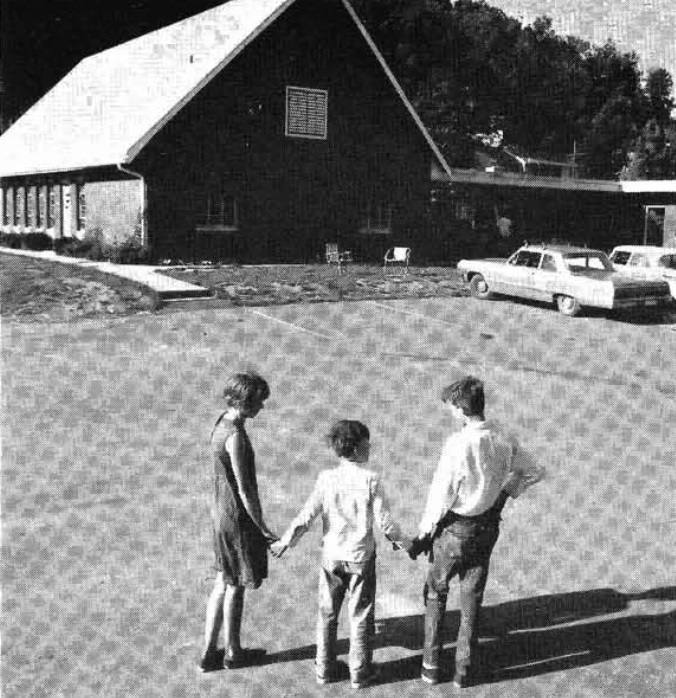
“We’re going to do more than just give things away. We’re going to give opportunities away,” said Msgr. Beiting.
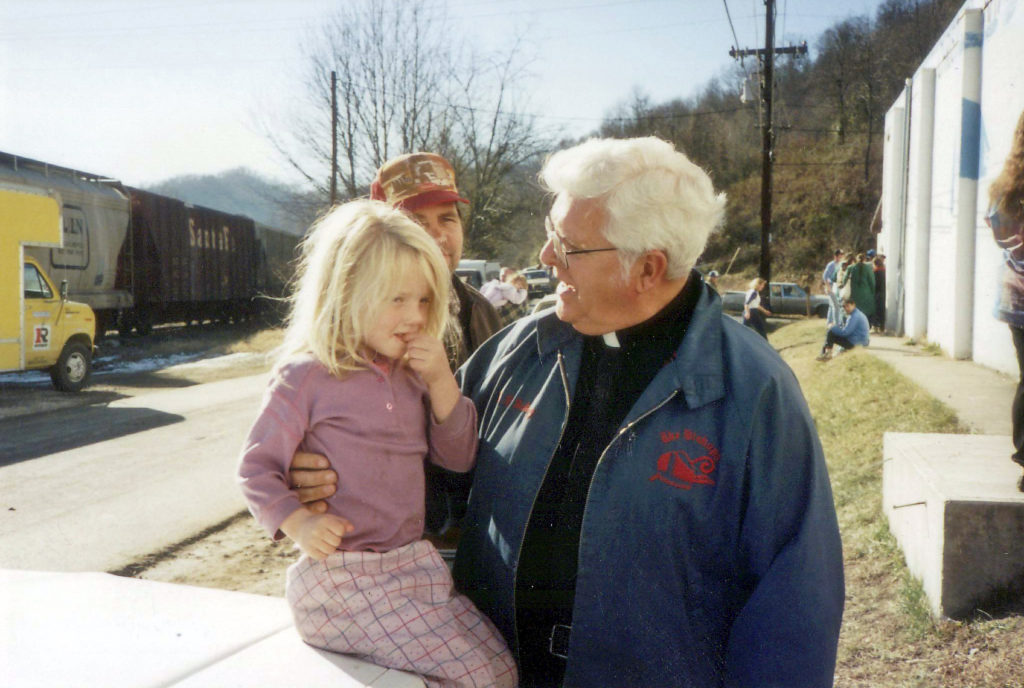
Like the camp, the ambitious project was formed independently of the Church to better reach those it was designed to serve. Msgr. Beiting credits his bishops for understanding his vision and enabling this mission to reach as many people as possible.
He explained,
It was a Catholic venture into ecumenism. I don’t think there’s any other church that has ever made an ecumenical stand that is as powerful as the Catholic Church made with the Christian Appalachian Project.”
Passing the torch
Today, Msgr. Beiting’s pioneering spirit endures in the communities and hearts of those who continue the good works of the Church. New challenges—the pandemic, the continued decline of the coal industry, natural disasters, a rise in drug addictions—emerge relentlessly. They only add to the struggles in these mountains.
But through these trials, the Catholic Church—though few in number—has remained a strong, steady and hope-filled presence. Clergy and lay leaders are stepping up to answer today’s pressing physical and spiritual needs in Appalachia.
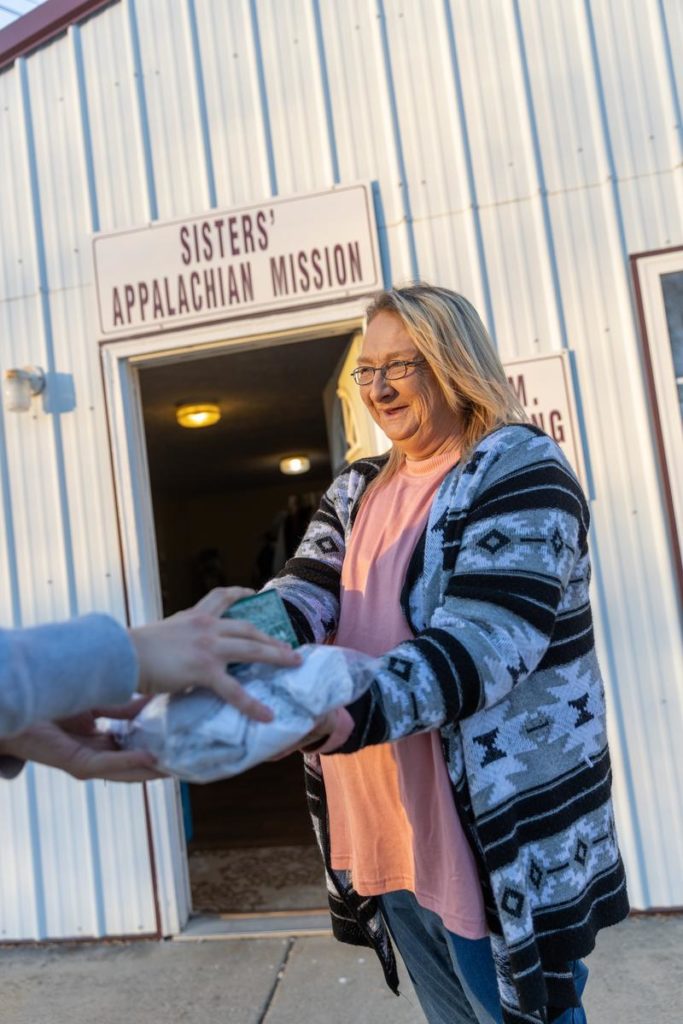
They are fulfilling Msgr. Beiting’s decree:
You’re going to have to go out there and wade those creeks and climb those hills and get your feet wet and your hands dirty. You’re going to work.”
This article appears in Extension magazine’s summer 2022 edition, where you can read more stories on how Catholic Extension Society works in solidarity with people in America’s poorest regions to build up vibrant and transformative Catholic faith communities.


